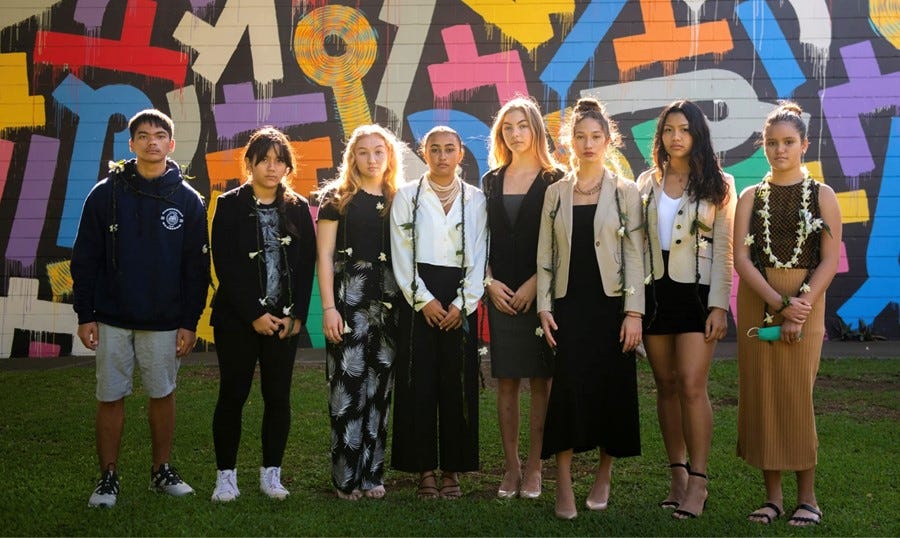Climate in the Courts
From Montana to California, Fossil Fuel Companies Are On Trial
I haven’t sent out a full substack post on #climate by email for quite a while (see https://africafocus.substack.com/t/climate for those I have). But the notes feature on substack allows me to put notes with links to recent news and analysis of interest without adding to your email inbox.
I use this for shorter updates on many topics, but most frequently on climate. Here is a selection of recent stories highlighting the increasing challenges to fossil fuel companies and demands for government action being brought to the courts.
And the latest in Hawaii.
Last month, a group of young activists secured a historic victory in Montana, where a court ruled that the state had violated their constitutional right to a “clean and healthful” environment. In the first lawsuit of its kind, the 16 plaintiffs – aged between five and 22 – sued their state government over its pro-fossil fuel policies, including a clause which actively barred lawmakers from considering greenhouse gas emissions when approving new energy projects. Described by the group’s lawyers as a “game-changer”, the Montana victory sets a powerful precedent and opens up new possibilities in the fight against climate change.
Similar lawsuits are already underway around the US, including in Hawaii, where a group of 14 young plaintiffs are preparing to sue the Department of Transportation next year. In the wake of devastating wildfires last month, the climate crisis has never felt more urgent and tangible in Hawaii than it does today.
One of the plaintiffs is 15-year-old Rylee Brooke, a native Hawaiian who was raised on the island of O’ahu. She first became involved in climate activism when she was just six years old, after discovering a sea turtle trapped in plastic at her favourite beach. A few years later, she founded her own non-profit, and has been heavily involved in activism ever since. Growing up on an island, Rylee has always felt an intense connection to the ocean, which was the site of her earliest and most cherished memories. “When I’m shark diving now, I can see directly how much the environment has changed. I can see how the corals have changed colour and the fish populations have decreased,” she tells Dazed.
Prior to the lawsuit, the group did their research and discovered that the Department of Transportation has a more negative impact on the environment than any other (in comparison to the rest of the US, Hawaii is generally progressive on climate issues). In terms of their specific demands, they want improved public transport and a more environmentally conscious approach to planning infrastructure. “I’m not saying we should go back to the Stone Age, but we have more advanced technologies that we can use to move forward,” Rylee says. “To give one example, the state government just built a huge airport car park, but rental companies are unable to bring in electric cars, because they didn’t think about including charging stations for them.”
As one of the most isolated island chains in the world, which is heavily dependent on its own natural resources, Hawaii is especially vulnerable to climate change. Its native culture – already eroded after centuries of colonial occupation – is also under threat. Thanks to extreme weather changes, traditional farming and fishing practices are in danger of being wiped out, while rising sea levels have started to destroy important cultural sites and wash away burial grounds.
“Protecting Hawaii means protecting all of it. Hawaii as a whole is the people, their culture, their beliefs, their value system – it’s everything,” says Rylee.


